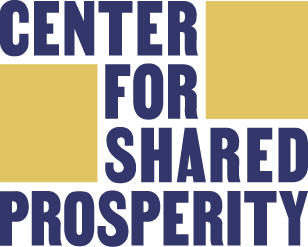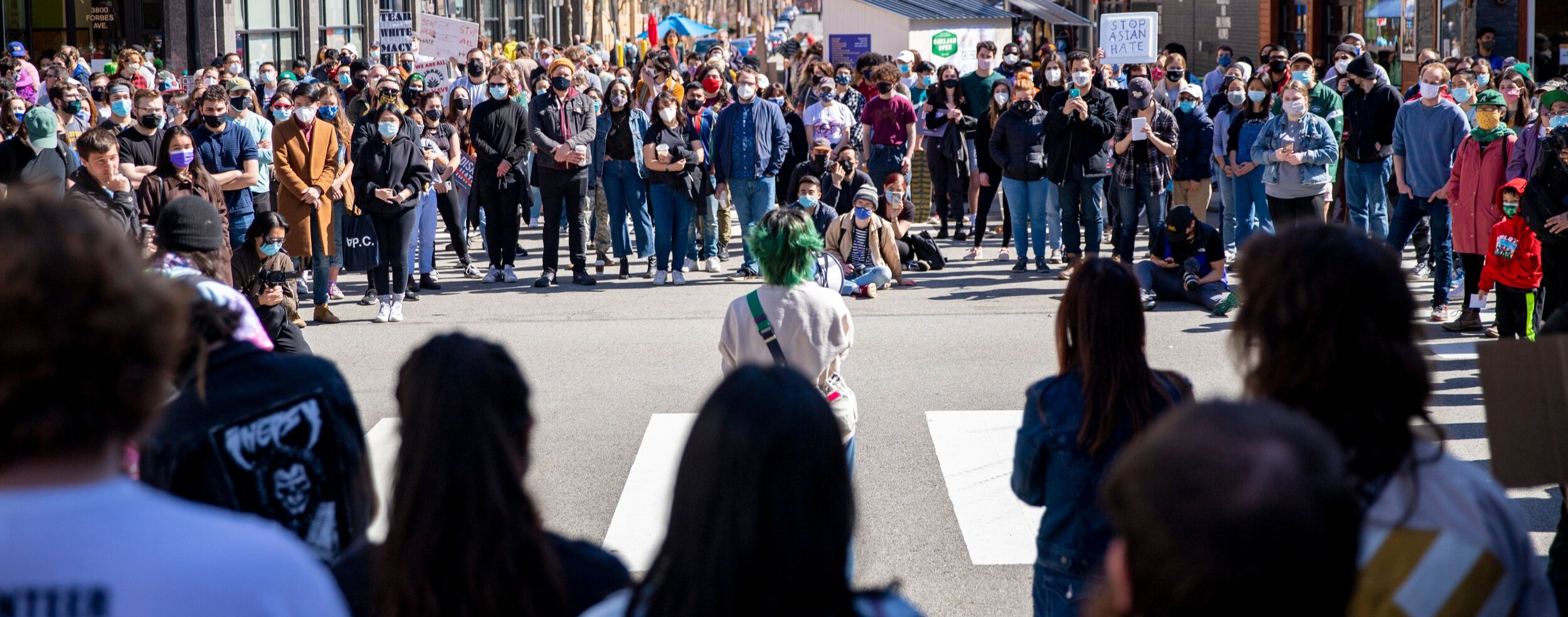Power Advocacy & Leadership Framework
About this Project
The Center for Shared Prosperity (CSP) was created to dismantle barriers to equitable prosperity in the Pittsburgh region, allowing underserved communities and populations to - prosper and thrive. One of the most necessary means it has at its disposal for accomplishing this bold mission is the launch of community-engaged projects (C3) designed to address systemic problems that perpetuate barriers to entry. Projects will range in scope from policy guidance, community-based training, and issue-specific advocacy to organizing campaigns whose goals are to dismantle economic, cultural, social, and structural barriers in various areas, including health, education, jobs, housing, and the environment.
The Power Advocacy & Leadership Framework wants to ensure every c3 project has a social justice lens baked into its DNA and guides their every action. As a result, we believe it is essential to provide C3 projects a template for onboarding these projects and do so in a way that honors the CSP core values of compassion, collaboration, and curiosity. Our North Star is to help all CSP projects know how to work side by side with the community, including ensuring diversity of thought and representation, total transparency in all interactions and discussions, and nurturing leadership in the community shaping transformative change. We understand that this is a process that is not accomplished in a day, a week, a month, or even a year. Our goal is to equip each project team with best practices for building this solid framework to understand power and advocacy leadership. Their work can be potentially transformational and move the ball down the field towards genuine and lasting progress.
Our economic, governmental, and social institutions are often hardwired so that they create and perpetuate inequities. We do not live in a world of scarcity. In our region, there is an abundance of resources that, if apportioned fairly, can address the needs of so many struggling communities. By integrating community voices that were previously excluded, we build a shared understanding of power as a necessary precursor for developing leadership and for making effective strategies for addressing inequalities. We seek to help projects establish processes that enable them to investigate how the problems they seek to address manifest themselves in people’s lives and at the community level.
Furthermore, cultivating a shared understanding of who in the larger society wields systemic power locally or beyond concerning decision-making on the issue is critically important. Being able to answer such questions as: “what are all the key levers, if pulled, truly hold the potential of delivering a good outcome of this issue?” “What resources are allocated to perpetuate these problems?” “What strategies are utilized to disrupt existing power structures to create a path for those who are underserved?” are essential building blocks. It’s the foundation of building a process of both sharing and receiving this knowledge and then using that collective wisdom to build a strategy to address critical issues facing vulnerable communities.
Arriving at advocacy leadership requires a methodical approach to creating, implementing, and evaluating a project with accountability built into every part. Advocacy leadership aims to equalize the power dynamics between institutions that serve the public by ensuring that impoverished and disenfranchised communities' voices, histories, and cultures are not curtailed. Power is the ability to achieve a purpose. Advocacy leadership works to move from “power over” to “power with,” thus creating more just and equitable relationships by building and exercising collective power through a constituency. It is a powerful and sustainable means of collective action.
Project Launch Planning Committee Members
Dr. Floyd Jones
Carl Redwood
Pam Little-Poole
Kirk Holbrook
Anna Jensen
Denise Zellous
RaQueeb Ajamu-Osagboro
Taris Vrcek
Florence Rouzier
Rachel Burcin
Laura Chu Weins
Gabriel O'Donnell

